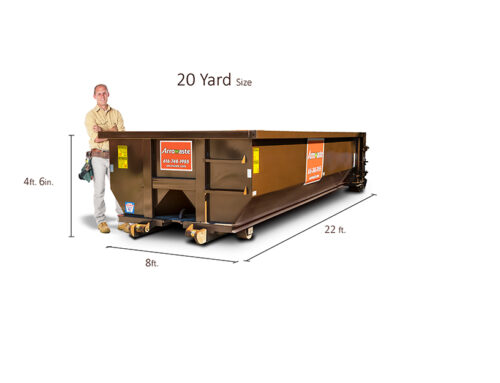In a world where recycling bins are more commonplace, it is becoming more natural to be mindful of waste. Making an effort to be more eco-friendly means not only being conscious of the products you buy, like using reusable bottles over single-use plastic, but also how you dispose of materials when you’re done.
To send a ton of trash to a landfill is about $50, but to be recycled is only $30. However, despite the positive impact, is recycling more cost-efficient? Here, we discuss the ways that recycling gives back more than it takes.
Reusing The Recycled
If you’ve been to a restaurant with print on the napkins, you may have seen text indicating that it was made from recycled paper. While we may make and throw away too much stuff, remaking it into something that can be used again takes less energy than a brand new product. Therefore, reusing a recycled item is already netting savings.
Infinite Resources
On a planet with finite resources, it seems crucial to find ways to stretch out what we have for many generations to come. There are materials that can actually be recycled indefinitely without jeopardizing the integrity of it. For example, glass, aluminum, and steel can be reprocessed again and again. An astounding 95% less energy is used to repurpose aluminum. That makes the use of materials like these a cost-savings tool for manufacturers, which will benefit the consumer.
Green Economy
Aside from saving the planet, one of the most beneficial parts of the recycling program is that it boosts the economy. Jobs in the industry are providing billions of dollars in wages. This is about 70 times more opportunities for employment than in a landfill. Every time you put your recyclables out, that contributes to the need for the service.
In the end, recycling has its challenges and the process is not perfect, but the biggest savings are ones we can’t see yet. The planet being a safe place for future generations is where cost-effectiveness will really be seen. We have to put a good-faith investment in our planet, knowing that the steps we take today will be what our grandchildren inherit tomorrow. On a positive note, as the demand continues to grow for recyclable materials, the cost will decrease. So, even in areas where they are struggling to keep a recycling program going, it will be easier.



